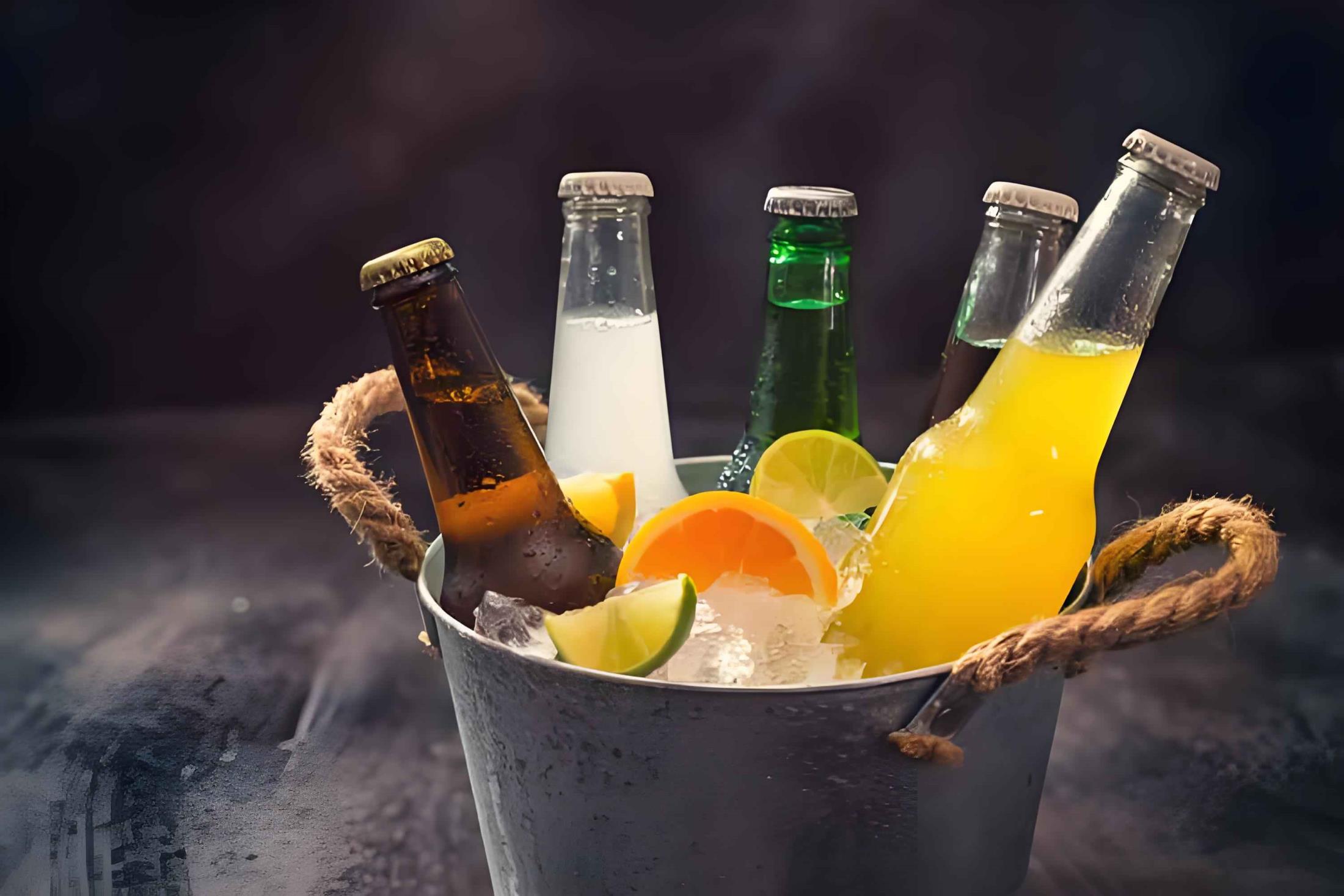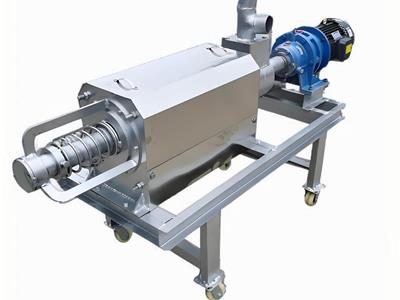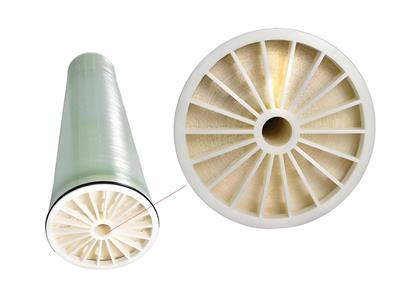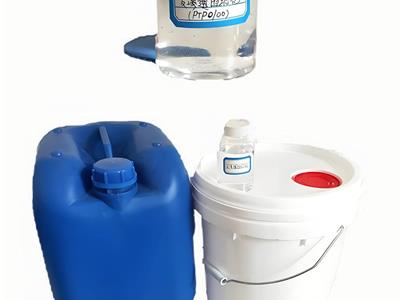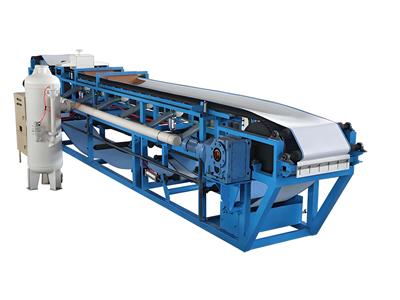- 2025-07-16
Food and Beverages
Water Treatment for Food and Beverage Industry | RO Systems
Few industries have as great a need for purified water as the food and beverage industry. Our extensive experience in the industry has shown that most beverage companies have their own standards for the purity of water required for soft drink production. Our extensive experience in water treatment for the food and beverage industry has enabled us to understand the specific needs of our customers. We apply this knowledge to create original water treatment solutions that meet best-in-class standards:
Ensure compliance with strict purification and refining specifications for the production of safe water.
Preventative solutions prevent the spread and health risks of Legionella.
FupengWater is committed to continuously improving the water quality of customers in the food and beverage industry and has achieved significant results. We achieve this by reducing production costs, improving standardized equipment, reusing treated wastewater, and providing solutions based on oilfield wells, which provide alternative water sources.
Our water treatment technologies for the food and beverage market include:
Ultrafiltration Systems
Water Disinfection Systems
Nanofiltration Systems
Reverse Osmosis Systems
Industrial Filtration Systems
Water Softener Systems
Customized Water Treatment Systems
Industrial Activated Carbon Water Filters
Food Industry Water Treatment
The importance of water treatment in the food industry lies in the need to remove any microorganisms. To avoid any kind of degradation, water used for cooking or specifically for food processing must be potable and of good quality. This means that the water must be free of any dissolved minerals that would make the water too hard or change the taste.
Product water makes up the majority of the fluid in the food industry, so it must be treated to achieve the desired taste. To achieve higher purity, further water treatment than drinking water requirements is usually required.
Beverages are usually bottled with municipal tap water, which comes directly from the water source in the city where the factory is located. Such tap water is certainly drinkable, but it often contains some hardness or heavy metal deposits (usually from the water pipes) that affect the taste. Water softeners and reverse osmosis technology are ideal for producing pure drinking water.
Once beverage companies have a large sample of pure water, or a "blank slate", they usually start adding their own unique mix of minerals, metals, carbon dioxide (the "bubbles" in soda), sugars, syrups and food coloring to create the soft drinks we know and love. After thorough mixing, these solutions are packaged into sealed bottles or cans and shipped to their destination. Alcoholic beverages go through a similar process, but are usually fermented with yeast and some kind of grain or fruit is added to produce the alcohol. Due to the simple principle of bottling beverages, most beverage companies operate on a small scale.
Bottled Water vs. Tap Water:
Contrary to popular belief, "spring water" or "spring water" comes from the same source as the tap water in your sink. You might ask, why does it taste so much better than tap water? Believe it or not, the process for bottled water is the same as for any soft drink. Municipal tap water is purified (preferably using a reverse osmosis system, softener, or sterilizer) to provide a "blank water source" for the water plant. Bottled water is processed slightly differently, and does not have syrups and sugar added like regular water plants.
Reverse Osmosis
Reverse osmosis is the basis of the water treatment process that FupengWater uses for the beverage industry.
The reverse osmosis system works by applying tremendous pressure to force water through a membrane while sucking out impurities. Due to this tremendous pressure, impurities emerge, resulting in a higher concentration on one side of the membrane than on the other. Only ultrapure water can pass through the membrane, while dissolved impurities that cannot be removed by traditional filtration are captured and removed by FupengWater's reverse osmosis water treatment system.
Our reverse osmosis systems are designed with leading technology to maximize water quality and purification. After water passes through multiple layers of RO membranes, it reaches pure water quality and removes all total dissolved solids (TDS).
Any slight change in water quality will trigger an alarm and shut down the entire system. The result is unparalleled fresh water quality. If you don't believe it, take a look at our customer testimonials, which compare the quality of our reverse osmosis membranes in their water systems in detail with the quality of our competitors.
The best tasting water:
Companies that produce bottled water send environmental experts to areas where the water is clearer than tap water, such as clear rivers, freshwater lakes, and mountain waterfalls. The experts take small samples of water from these areas and carefully test and calculate the mineral and metal content of the water to create a formula to replicate this taste. After that, once they get guidance on how much minerals and metals to add, the process becomes just like any other soft drink, dissolving the substances in water before bottling it for shipping.

